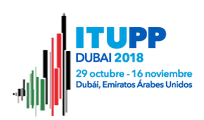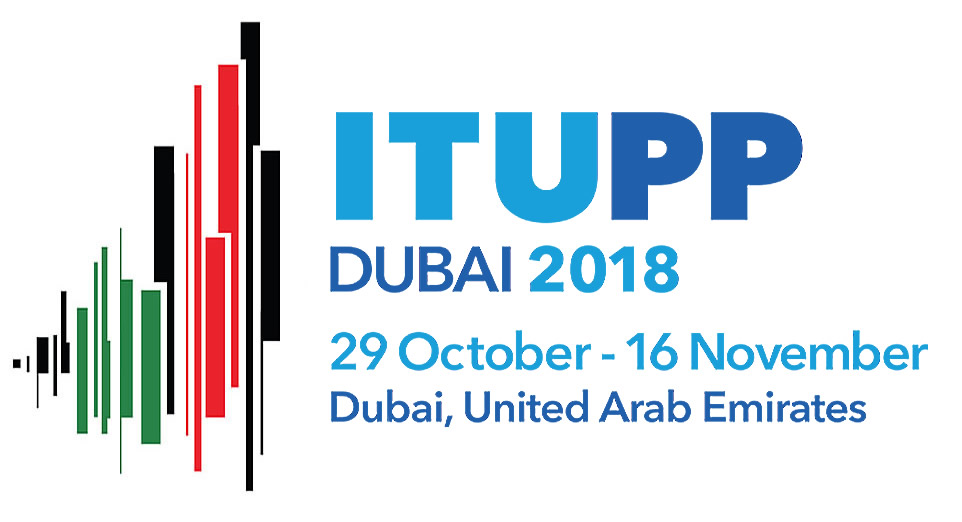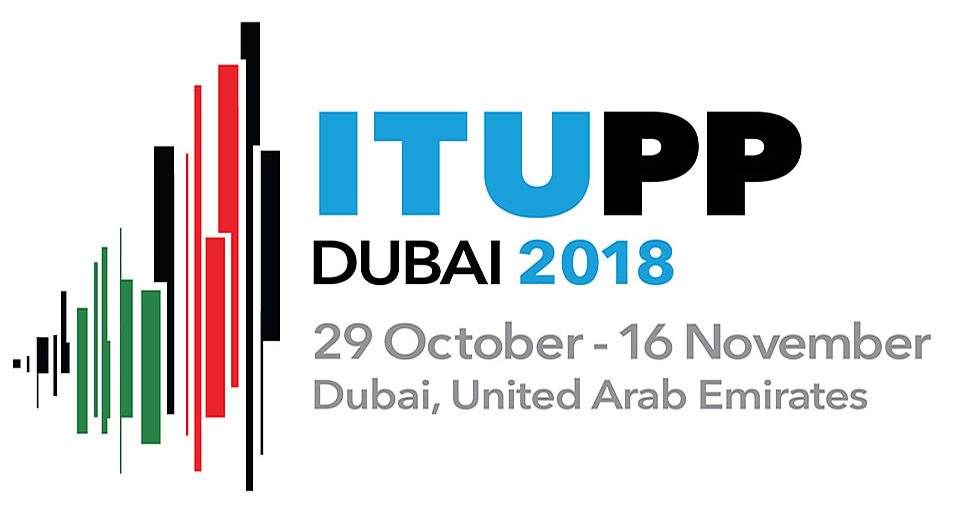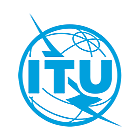Mr. Chairman,
Secretary-General,
Deputy Secretary-General,
Distinguished Delegates,
Excellencies,
Ladies and Gentlemen,
please allow me to start by thanking, on behalf of the Italian Government and of the deputy Prime Minister and Minister of economic development and welfare Mr. Luigi Di Maio, our host, the Government of the United Arab Emirates, for the hospitality that we are all enjoying these days and for the smooth and impeccable organisation.
Italy considers vitally important to support the worldwide development of Telecommunications/ICT, increasing all citizens’ connection to accomplish the digital revolution in every corner of the world. This result is achievable by investing on innovation and new technologies: ultra-broadband, 5G, blockchain and artificial intelligence to ensure a global development and create the needed digital infrastructure.
Fields of primary relevance to Italy
- Blockchain
Blockchain and DLT are becoming increasingly relevant in both the private and public sectors. The value-exchange network in the fourth industrial revolution scenario is said to be going to be the new internet and is gaining significant investments at a global level, also raising unprecedented regulatory issues.
Italy is well placed to become a leading country in testing this technology in all those sectors in which a trust relation is needed, such as commodity trading or e-government tools. - Artificial Intelligence
The increasing development of artificial intelligence systems brings new challenges and unprecedented regulatory issues, but also leads to new opportunities. The top priority to Europe and Italy is to boost public and private investments in AI and strictly related technologies.
The development of AI systems needs to adopt a human-centric approach and the machines must be able to explain the decisions taken based on the algorithms.
The Italian Ministry of Economic development has set up two experts groups to draft a national strategy on AI and one on blockchain, involving all the interested stakeholders: industry, academics, centres of research, start-ups, public administration. - Ultra-broadband
The goal set by the National Strategy for ultra-broadband is to reach, by 2020, at least the 85% of the Italian population with ultrafast networks (over 100 Mbps), the 100% of the population with at least 30 Mbps and to guarantee a 100 Mbps connection to public buildings, industrial centres, areas of economic interest and demographic concentration, as well as the main touristic locations and logistical hubs. - 5G development
The implementation of the EU 5G Action Plan confirms Italy among the European leading countries.
In 2017, an experimental project named “5 cities for 5G” was launched in Milan, Prato, Bari (because of requisites such as broadband diffusion, placement on trans-European corridors of communications and frequency availability), Matera (2019 European Capital of culture) and L’Aquila (to boost technology in the city after the devastating earthquake of 2009).
In addition, in 2018 took place the tender to assign the rights to use radio frequencies to be used for mobile broadband electronic communications services: the auction went beyond expectations, putting Italy at the forefront both for the quantity and quality of the spectrum made available to electronic communication operators and for the potential for developing innovative services. - Access to internet and improvement of the ultra-broadband
The access to a neutral and free network, at non-discriminatory conditions, has to be recognised as a right of the citizens in the digital dimension. Increasing the ultra-broadband and digital services request is essential to ensure the smooth digitization of the country.
Conclusions
The Italian delegation hopes to be able to contribute actively to the success of this Plenipotentiary Conference, since it recognises ITU’s fundamental role to the development of the Telecommunications/ICT.
Italy is confident that ITU activities may actually help to reach the goals set in the 2020 Agenda and the Strategic Plan 2020-23 soon-to-be-adopted by the Plenipotentiary Conference. Thank you.






